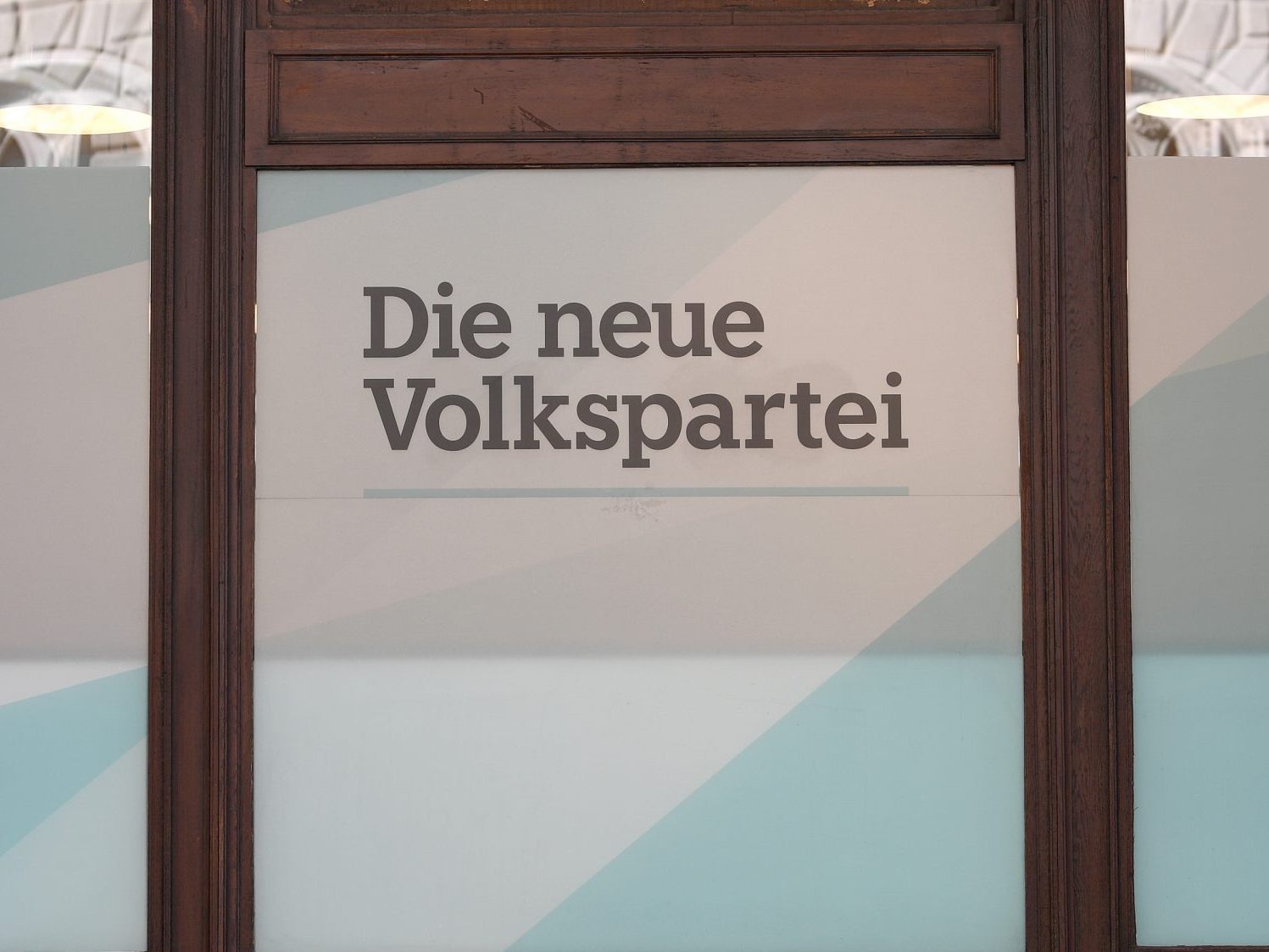Coalition Negotiations: ÖVP State Party Leaders See Van der Bellen in Charge

In response to an inquiry from the APA, the state party leaders of the ÖVP mostly reacted with general statements or not at all. Only the ÖVP leaders from Tyrol and Vienna have so far clearly positioned themselves and are advocating for a resumption of the three-party talks between ÖVP, SPÖ, and NEOS that failed in January.
ÖVP State Party Leaders Edtstadler, Wallner, and Mikl-Leitner See Van der Bellen in Charge
Basically, there are now several options: ÖVP and SPÖ could negotiate again and also bring in a third partner - Greens or NEOS - or not. Together, they would only have a one-seat majority. The attempt at a three-party variant with Pink failed at the beginning of January. Other possibilities would be a new election, a temporary expert government, or even a minority government. Salzburg's acting ÖVP leader and designated governor Karoline Edtstadler did not commit to potential coalition partners and pointed out that Federal President Alexander Van der Bellen is in charge. The People's Party is still ready to take responsibility. However, two of the four options mentioned by Van der Bellen are not an issue for Edtstadler: "New elections or the establishment of an expert government do not solve the pressing challenges." Similarly, the Styrian ÖVP chairwoman Manuela Khom. She had already advocated on Wednesday that the People's Party should now resume talks with all other parties. On Thursday, she reiterated this stance and also said that she was neither for an expert government nor for new elections.
How things will proceed is currently difficult to assess, said Vorarlberg's governor Markus Wallner (ÖVP) on Thursday to ORF Vorarlberg. The ball is in the court of the Federal President, he also stated, rapid decisions are necessary to avoid months of stagnation. "Either everyone at the federal level pulls together again and it succeeds in rebuilding one or the other bridge. This could be attempted again with the support of the Federal President. Otherwise, we are heading straight for new elections," said Wallner. He saw a new election as problematic due to the loss of time. Austria is in an economically difficult situation and urgently needs a capable government.
Lower Austria's governor Johanna Mikl-Leitner (ÖVP) also remained general: "Our republic now needs rapid stability and a clear economic revitalization direction. And for that, the Federal President is now called upon," she stated in a statement sent to the APA. There was no further directional statement to federal politics upon request. "Whoever wants to be head of government must reach out to others, build bridges, and make compromises. This apparently did not succeed with Herbert Kickl," Mikl-Leitner looked back. "We are not used to that in Lower Austria. We have negotiated with the FPÖ on equal terms in Lower Austria and work together on equal terms. We work here every day for our compatriots across party lines. And I expect the same from the federal level." The ÖVP Burgenland also did not address the question of the further course of action and now wants to wait for the next steps of the Federal President. All elected representatives are "required to live up to their responsibility and enable a stable government." Austria needs "clarity," it was emphasized. Carinthia's VP state party chairman Martin Gruber did not want to make a statement on Thursday.
Clear Commitment Only from ÖVP State Party Leaders Mattle and Mahrer on Coalition Negotiations
At least Tyrol's Governor Anton Mattle (ÖVP) had expressed himself clearly. He already advocated on Wednesday for a three-party option: "I propose that under new conditions a three-party coalition of the People's Party, moderate Social Democrats, and NEOS be formed" - but SPÖ leader Andreas Babler should not be part of such a coalition, demanded Mattle. Babler should "step aside so that the points left open in the three-party negotiations can be resolved." This proposal was naturally indignantly rejected by the SPÖ.
Similar to Mattle, Vienna's ÖVP leader Karl Mahrer, who was the first ÖVP politician to speak out on Wednesday after the failure of the FPÖ-ÖVP talks. He repeatedly pointed out that the Federal President should speak first, but also stated that he considered the offers from the SPÖ and NEOS to resume negotiations as quite serious. "I believe that everything is important now that contributes to us quickly getting a responsible and stable federal government." The negotiations with the SPÖ and NEOS were quite promising, they only failed because SPÖ leader Babler put forward ideas that were not acceptable. Mahrer let it be known that he is now relying on the very man he otherwise often harshly criticizes - namely, Vienna's Mayor Michael Ludwig (SPÖ). He hopes that Ludwig will set up the red negotiation team in such a way, both in terms of content and personnel, that a successful outcome is possible, said Mahrer. Ludwig has also already announced that he wants to get involved in any negotiations.
FPÖ State Party Leaders Haimbuchner and Landbauer for New Election
The FPÖ, on the other hand, desires a new election, as does Upper Austria's FPÖ leader and Deputy Governor Manfred Haimbuchner - "to let the citizens also vote on the behavior of the parties in recent months." Lower Austria's FPÖ leader and Deputy Governor Udo Landbauer saw it as the "right decision" that federal party leader Herbert Kickl returned the mandate to form a government. Kickl thereby proved that "it is not about positions and functions for him and us as a party," but about implementing content. Meanwhile, Tyrol's Green leader and club chairman Gebi Mair urged on Thursday for negotiations involving the Greens. The ÖVP should now stop "excluding democratic parties of the center" and "approach us Greens."
(APA/Red)
This article has been automatically translated, read the original article here.





